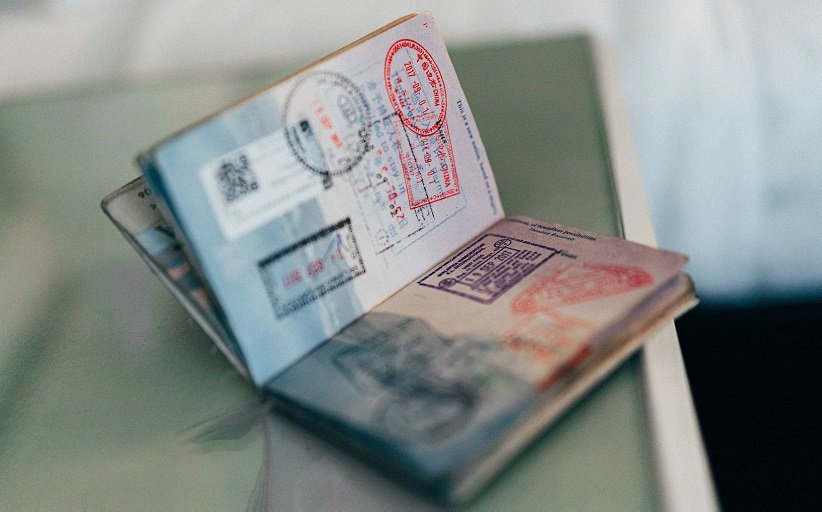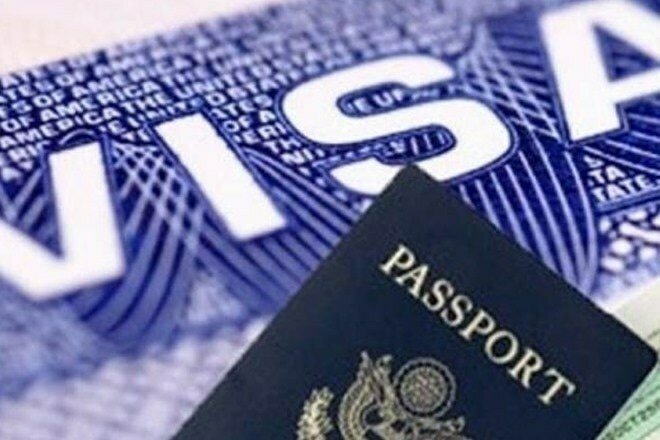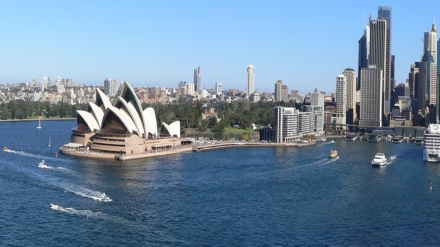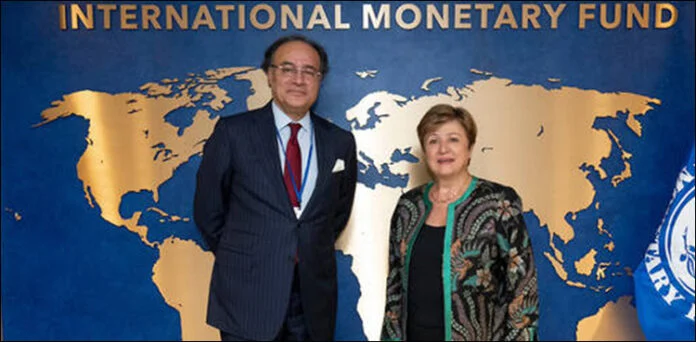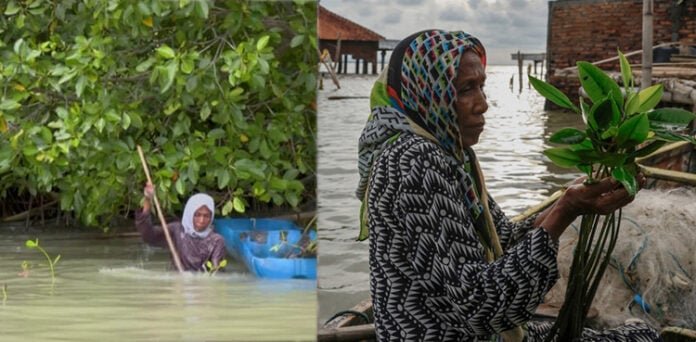
The Grand Duchy of Luxembourg, one of the world’s smallest nations, is nestled in Western Europe, bordered by France, Belgium, and Germany. Despite its small size, Luxembourg exerts significant energy and influence on the global stage.
Historically, the country was shaped by territorial divisions between France and Germany in 1839, and today, Luxembourg is a trilingual society with French, German, and Luxembourgish as official languages. Luxembourgish, though closely related to German, is distinct enough to be considered a separate language, not just a dialect. These three languages are used in daily communication and across various stages of lawmaking in the national parliament. Additionally, English and Portuguese are widely spoken, making the average Luxembourger fluent in at least four languages.
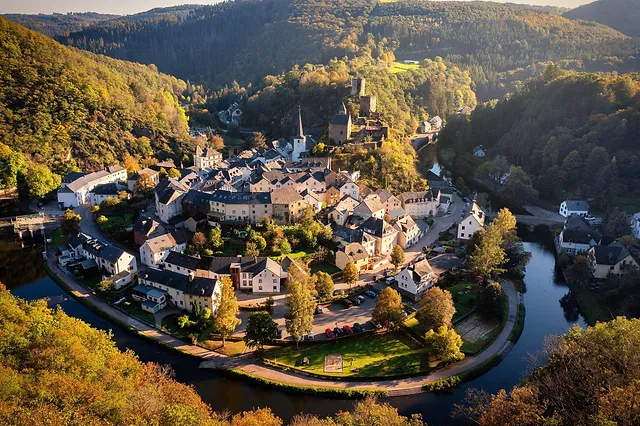
Luxembourg – Quick Facts & Figures
- Capital: Luxembourg City
- Language: French, German, Luxembourgish
- Population: 635,000
- Area: 2,586 km²
- International Students: 5,000
- Academic Year: September – June
- Currency: Euro (€)
- Calling Code: +352
- Time Zone: GMT+1
Despite its small size, Luxembourg offers a diverse range of landscapes and experiences. The country is divided into two primary regions: Oeslig in the north and Guttland in the south.
- Oeslig is largely rural, characterized by open fields, nature reserves, and picturesque Germanic-style villages. It is a peaceful and nature-focused area, offering plenty of greenery despite the country’s compact size.
- The Guttland region, which occupies the southern two-thirds of Luxembourg, features a mix of rivers, cities, large towns, and the bustling capital, Luxembourg City. This area is where most international and local students live and study, making it the heart of Luxembourg’s academic and cultural life.
These geographical distinctions make Luxembourg a blend of serene natural beauty and dynamic urban life, with much of the country’s population, including students, residing in the southern Guttland region.
Luxembourgers are renowned for their welcoming attitude towards people from all backgrounds. Nearly half of the country’s population was born abroad, with a notable proportion—around one in seven—originating from Portugal. The locals are eager to share their languages, particularly Luxembourgish, and assist newcomers in navigating the country’s culture and customs.
Despite its small size, Luxembourg is brimming with adventure and opportunities. Whether you’re looking to study or explore, this compact country offers a rich blend of experiences. This guide will walk you through everything you need to know about studying in Luxembourg and how to make your way there.


